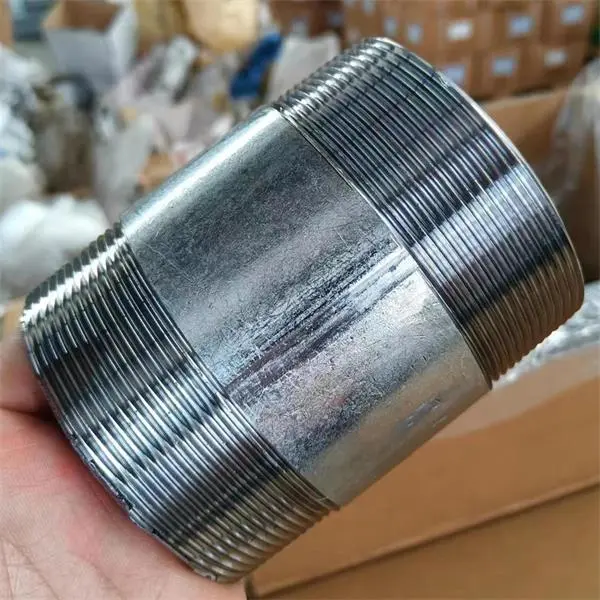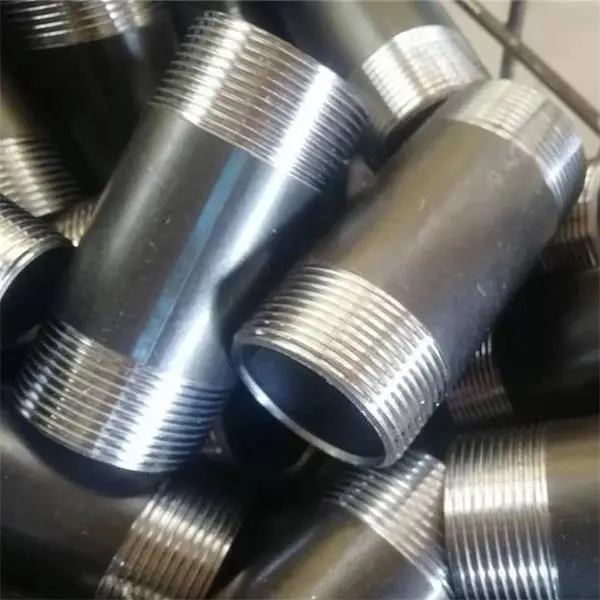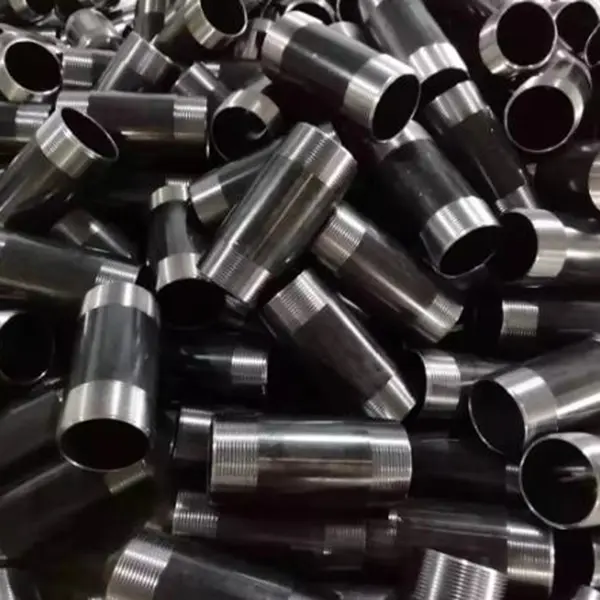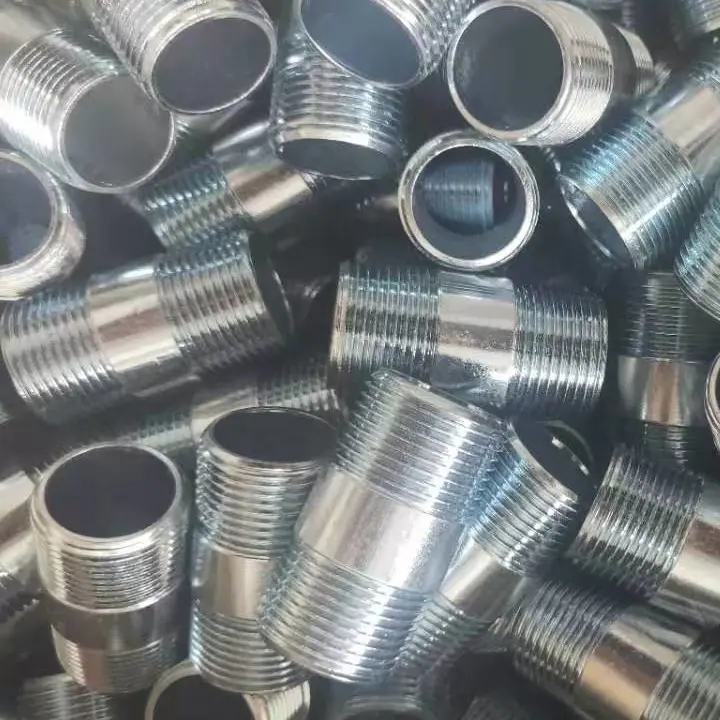- Afrikaans
- Albanian
- Amharic
- Arabic
- Armenian
- Azerbaijani
- Basque
- Belarusian
- Bengali
- Bosnian
- Bulgarian
- Catalan
- Cebuano
- Corsican
- Croatian
- Czech
- Danish
- Dutch
- English
- Esperanto
- Estonian
- Finnish
- French
- Frisian
- Galician
- Georgian
- German
- Greek
- Gujarati
- Haitian Creole
- hausa
- hawaiian
- Hebrew
- Hindi
- Miao
- Hungarian
- Icelandic
- igbo
- Indonesian
- irish
- Italian
- Japanese
- Javanese
- Kannada
- kazakh
- Khmer
- Rwandese
- Korean
- Kurdish
- Kyrgyz
- Lao
- Latin
- Latvian
- Lithuanian
- Luxembourgish
- Macedonian
- Malgashi
- Malay
- Malayalam
- Maltese
- Maori
- Marathi
- Mongolian
- Myanmar
- Nepali
- Norwegian
- Norwegian
- Occitan
- Pashto
- Persian
- Polish
- Portuguese
- Punjabi
- Romanian
- Russian
- Samoan
- Scottish Gaelic
- Serbian
- Sesotho
- Shona
- Sindhi
- Sinhala
- Slovak
- Slovenian
- Somali
- Spanish
- Sundanese
- Swahili
- Swedish
- Tagalog
- Tajik
- Tamil
- Tatar
- Telugu
- Thai
- Turkish
- Turkmen
- Ukrainian
- Urdu
- Uighur
- Uzbek
- Vietnamese
- Welsh
- Bantu
- Yiddish
- Yoruba
What is a Barrel Nipple? Industrial Guide & Applications
Barrel nipples have become a fundamental component in modern piping systems across industries. This article provides a deep dive into what is a barrel nipple, with a special focus on galvanized barrel nipple fittings, industry trends, key specifications, technological comparisons, manufacturing processes with diagrams, and real-world case studies.

1. What is a Barrel Nipple? — Structure, Function & Industry Relevance
What is a barrel nipple? In technical terms, it is a short length of pipe with external threads on both ends, used to connect two other fittings or pipes. This simple but vital component enables versatile joins, typically threaded to NPT, BSP, or other standards (galvanized barrel nipple typically complies with ISO / ANSI thread standards).
- Common Materials: Carbon Steel, Stainless Steel, Brass, Galvanized Steel
- Thread Types: NPT, BSPT, BSPP (parallel), Metric
- Sizes: 1/8” to 12” (DN6–DN300)
- Key Application Sectors: Oil & Gas, Petrochemical, Water Treatment, Heating/Cooling, Power Generation, Fire Safety
Barrel nipples ensure leak-proof performance, corrosion resistance, and are easy to replace or install—key for reliability and efficiency in modern pipeline systems.
| Parameter | Description | Industry Reference |
|---|---|---|
| Material | Galvanized Steel, Carbon Steel, Stainless Steel, Brass | ISO 49 / ASTM A733 |
| Thread Types | NPT, BSPT, BSPP | ANSI/ASME B1.20.1 |
| Size Range | 1/8"–12" (DN6–DN300) | DIN EN 10241 |
| Surface Finish | Galvanized, Black, Hot-dip, Electroplated, Painted | ISO 1461 |
| Pressure Rating | Up to 150–300 psi (10–20 bar) | ISO 228/1 |
| Certification | ISO 9001, UL/FM, CE | Third Party Inspection Reports |

2. Industry Trends: Barrel Nipple and Galvanized Barrel Nipple Adoption
- Global Market Size for pipe nipple fittings—expected CAGR: 5.7% (2022–2029)
- Galvanized variants comprise over 39% of total barrel nipple demand in water treatment & fire protection pipelines
- Asia-Pacific region shows an annual consumption increase of 8.1% for galvanized barrel nipple products
- Replacement cycles: 7–15 years (depending on environmental conditions & maintenance, per industry reports)
The prevalence of galvanized barrel nipple fittings rises on the strength of higher corrosion resistance, enhanced longevity, and lower long-term maintenance—a trend especially apparent in municipal water and petrochemical sectors.

3. Galvanized Barrel Nipple Fittings: Product Overview & Technical Specification
As a premium solution, Galvanized Barrel Nipple Fittings offer technical and commercial superiority:
• Corrosion Resistance: Hot-dip galvanizing yields up to 60 μm protective zinc layer, certified per ISO 1461.
• Pressure Performance: Consistently rated at 150–300 psi (10–20 bar), 100% leak tested.
| Galvanized Barrel Nipple Fittings: Key Specifications | |
|---|---|
| Material Grade | Q235B, ASTM A106, A53, A105; Zinc ≥ 99% |
| Manufacturing Process | CNC cutting & threading → Thread inspection → Hot-dip galvanizing → Leak testing |
| Thread Standard | NPT/BSPT/BSPP, per ISO/ANSI |
| Surface Coating Thickness | ≥ 55–70 μm (average, ISO 1461) |
| Standard Lengths | 80mm–3000mm (custom as needed) |
| Working Temp. | -20°C to 350°C (continuous) |
| Certifications | ISO 9001:2015, CE, DVGW, UL, FM |

- Compliance: All fittings undergo hydrostatic/air leakage tests as per ASME and ISO standards (3.5 MPa/30分钟无渗漏)
- Value-Add: Marked with size-standard, batch, traceability QR code for lifecycle quality management

4. Manufacturing Flow: From Raw Material to Finished Galvanized Barrel Nipple

1. Raw Steel Pipe Selection
↓
2. CNC Cutting to Length
↓
3. Both-End Threading (NPT/BSPT)
↓
4. Thread Inspection & Calibration
↓
5. Hot-dip Galvanizing (Zinc bath ≥ 450°C)
↓
6. Cooling & Surface Cleaning
↓
7. Leak & Pressure Test (100% units)
↓
8. Marking, Labeling & Packaging
* Standards Referenced: ISO 1461, ASTM A53, EN 10241
Full-process digital traceability ensures quality from raw pipe to packaging.

5. Technical Advantages & Industry Application Scenarios
- Extended product lifespan, with hot-dip zinc achieving 10–15x higher corrosion resistance over uncoated carbon steel (per Springer Materials Reports)
- Thread accuracy (NPT/BSPT to ±0.02mm)—enhances pressure reliability and integration with global piping systems
- Ideal for high-moisture and corrosive environments—municipal water, fire sprinkler, oil refining, cooling towers
- Adaptable to fast replacement or repair operations, reducing plant downtime
- Compatible with automated assembly and robotic piping welding in smart factories
- Energy-Saving
Market share of barrel nipple production by material type (Data: Global Industry Insights, 2023)
Service life: Galvanized barrel nipples outperform uncoated steel types in field longevity tests.
Performance metrics (1–10) across key product types (Source: International Piping Survey, 2023)
6. Manufacturer Comparison & Sourcing Considerations
| Supplier | Country/Region | Capacity | Surface Finish | Certifications |
|---|---|---|---|---|
| Shenzhen Pipe Fitting Co., Ltd. | China | 6000 tons/yr | Hot-dip, Electro-galvanized | ISO9001, CE, FM, UL |
| Mueller Industries | USA | 3200 tons/yr | Hot-dip | UL, FM, ISO, AST |
| Viega | Germany | 2900 tons/yr | Hot-dip | CE, DVGW |
| Jinan Meide | China | 4000 tons/yr | Hot-dip | UL, FM, ISO |
- Lead time for bulk orders: 7–21 days depending on size/customization
- Logistics: Standardized export packaging + third-party inspection (SGS/BV)
- Custom marking, color-coded ends, and QR batch tracking recommended for industrial projects
7. Custom Solutions: Tailored Galvanized Barrel Nipple Fittings
Leading providers (such as Shenzhen Pipe Fitting Co., Ltd.) offer custom dimensions, special threads, and enhanced zinc thickness for challenging projects.
- Design assistance for non-standard applications (chemical plants, offshore rigs, tunnel infrastructure)
- Material upgrades: Request stainless overlay or specialized lining for chemical compatibility
- Option for double-sealing threads (PTFE, epoxy-lined) for high-integrity joins
- On-site support and installation guidance globally
Clients can provide engineering drawings and project specs; professional engineers ensure solutions matching pressure, corrosion, and durability requirements.
8. Application Use Cases: Success Stories & Industry Testimonials
- Petrochemical Plant, Arabian Gulf: Galvanized barrel nipples supplied for a 280km pipeline. After 6 years, maintenance reports show “no measurable wall loss or thread degradation” under H2S exposure.
- Firefighting Network, North America: Large-batch deployment of 2”–4” NPT barrel nipples—annual inspection confirms “zero failures, no corrosion pitting”, per facility manager records.
- Municipal Water Project, Germany: Customized DN80 galvanized barrel nipples used for underground hydrant systems. Achieved 14% lower installation downtime vs previous carbon steel solutions.
- Power Plant Cooling Systems, Asia-Pacific: Galvanized barrel nipples selected for condenser connections due to superior resistance to water-borne corrosives and extended service interval (industry report, 2023).

9. Professional FAQ: Barrel Nipple Technology & Selection Guide
10. Delivery, Warranty & Customer Support
- Standard lead time: 7–21 working days based on order volume
- Warranty: 10 years product guarantee (industry-leading coverage for corrosion/performance)
- After-sales: 24/7 technical support, on-site and remote assistance
- Quality assurance & documentation: Full traceability, digital certificates with every shipment
- Global shipping: Sea, air, and express options (deliveries to 74+ countries annually)
11. Citations, Industry Reference & Further Reading
- “Barrel Nipple Selection & Installation Best Practices”—ENG-TIPS Forum
- “Galvanized Piping in Corrosive Environments”—ASCE Journal of Materials in Civil Engineering
- “Pipe Fittings: Standards and Acceptance Criteria”—ISO 1461
- “Comparative Service Life Analysis” (Springer Materials)
